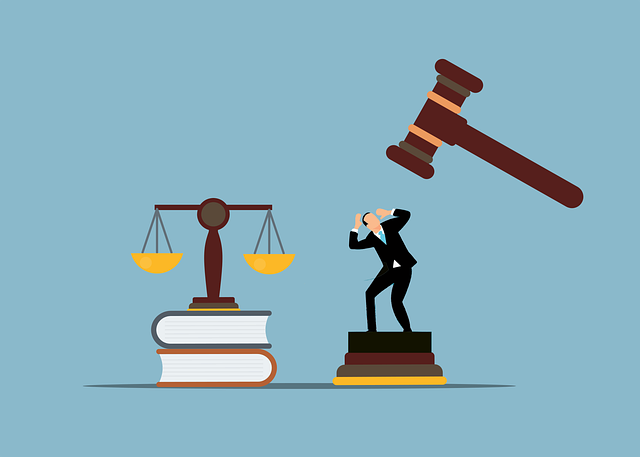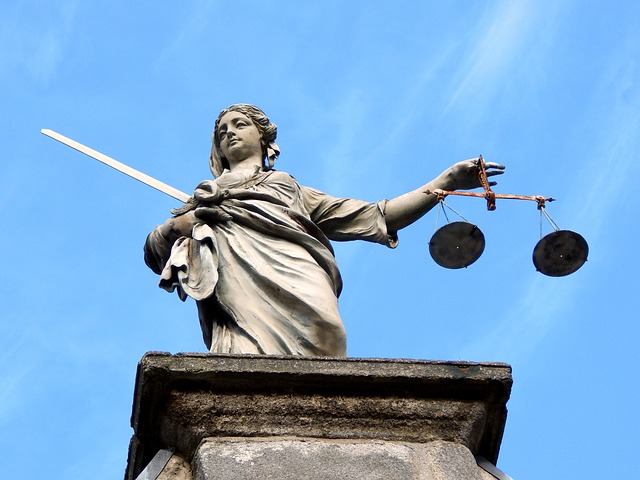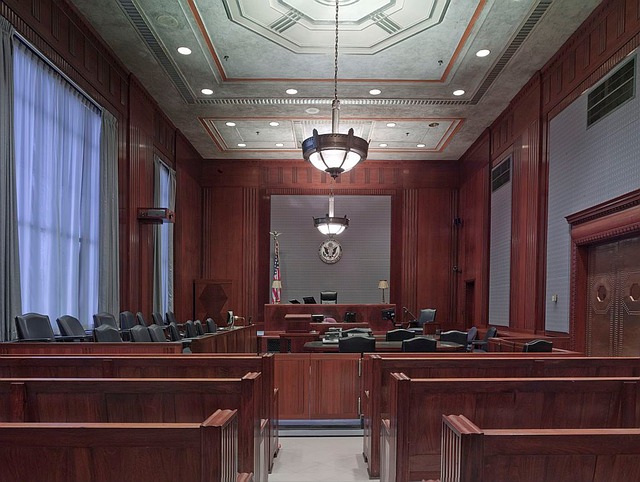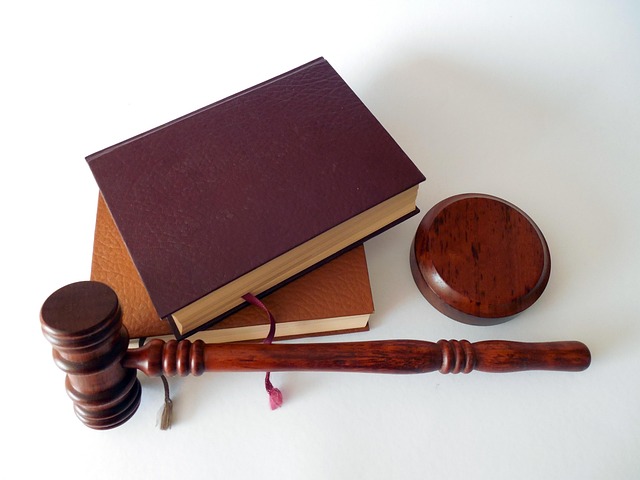Defamation case outcomes and settlements resolve legal disputes over false statements causing reputational harm. Plaintiffs prove malice and damage through written (libel) or verbal (slander) content. Settlements often avoid costly trials, with amounts tied to severity. Notable cases highlight diverse results from out-of-court deals to substantial verdicts. Understanding these outcomes guides future litigation, criminal defenses, and reputational management, especially in complex white-collar cases.
“Defamation, a powerful legal tool with far-reaching consequences, involves the spread of harmful falsehoods that damage an individual’s reputation. This article delves into the intricate world of defamation law, exploring its various types, from slander to libel. We’ll unpack key terms, analyze different claims, and study famous cases with substantial defamation case outcomes and settlements. Additionally, we offer insights into the legal process, defense strategies, and the impact these cases have on society.”
- Defamation Law: Understanding Key Terms
- Types of Defamation Claims Explained
- Case Studies: Famous Defamation Settlements
- Legal Process: From Filing to Resolution
- Strategies for Defending Against Charges
Defamation Law: Understanding Key Terms

Defamation law is a complex area of litigation that revolves around protecting individuals’ reputations and preventing false statements from causing harm. At its core, defamation involves making a false statement about someone that damages their reputation, often leading to various legal consequences. To succeed in a defamation case, plaintiffs must prove several key elements, including the publication of a false statement, actual malice (in some cases), and resulting damage to reputation.
Understanding these terms is crucial when navigating a defamation case outcomes and settlements. For instance, an unprecedented track record of successful defamation lawsuits can set precedents for future cases, shaping how courts interpret these laws. Moreover, the dynamics between white-collar and economic crimes, on one hand, and philanthropic and political communities, on the other, often influence defamation litigation. This interplay highlights the multifaceted nature of defamation law, where settlements or outcomes can have far-reaching implications beyond the immediate case.
Types of Defamation Claims Explained

Defamation claims are a significant aspect of litigation, focusing on harm to reputation caused by false statements or information. These cases can take various forms, each with distinct elements and potential outcomes. One common type is libel, which involves the publication of false material, such as written or online content, that damages an individual’s reputation. In contrast, slander refers to verbal statements made with malicious intent, often in public, that harm a person’s standing in the community. The key difference lies in the permanence of the statement; libel is permanent, while slander can be disavowed or corrected.
Understanding the nuances of these cases is crucial as they can lead to substantial defamation case outcomes and settlements. In many instances, individuals or businesses may opt for out-of-court settlements to avoid the time and costs associated with jury trials. The respective business’s reputation and the gravity of the false statements play significant roles in determining the settlement amount. A successful plaintiff might receive monetary compensation, a public apology, or both, to rectify the harm caused by the defamatory remarks. Moreover, the strategies employed during these cases, whether through robust legal defense or aggressive prosecution, can have far-reaching implications for future litigation involving similar issues.
Case Studies: Famous Defamation Settlements

Defamation case outcomes and settlements often serve as significant landmarks in the legal landscape, shedding light on the impact and resolution of such disputes. These cases, involving claims of false statements causing harm, have led to notable financial settlements that underscore the severity of defamation’s consequences. For instance, a 2018 case in the United States saw a journalist ordered to pay $465,000 in damages after publishing false accusations against a businessman, highlighting the potential for substantial monetary outcomes.
Famous defamation settlements further exemplify the intricate process and varying results within these legal battles. In some instances, out-of-court agreements are reached, allowing both parties to avoid prolonged litigation. These settlements can range from substantial monetary compensation to public apologies or retraction of statements. Understanding such case studies is crucial in navigating all stages of the investigative and enforcement process, especially when dealing with sensitive matters that may escalate into white collar and economic crimes. Moreover, these outcomes offer insights for those seeking to avoid indictment by carefully considering their words and actions.
Legal Process: From Filing to Resolution
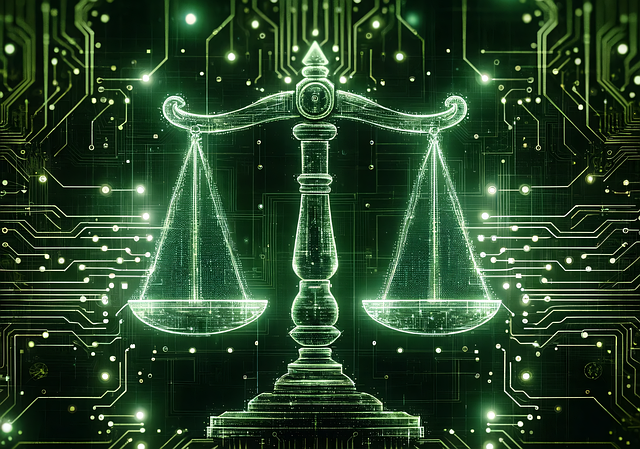
The legal process involved in a defamation case can be intricate and lengthy. It commences with a plaintiff filing a complaint, outlining the defamatory statements made by the defendant and their impact. This initial step is crucial as it sets in motion the series of events leading to resolution. The court then assesses the merits of the case, considering evidence and legal arguments presented by both parties. Throughout this phase, attorneys for both sides actively participate, aiming to build a compelling narrative.
Resolution can vary widely, from a defendant’s complete dismissal of all charges due to insufficient evidence to achieving extraordinary results through settlements or jury trials. Defamation case outcomes are influenced by various factors, including the strength of evidence, legal precedents, and the discretion of judges or juries. Ultimately, the process aims to deliver justice, offering compensation for harm done and ensuring accountability for defamatory statements.
Strategies for Defending Against Charges
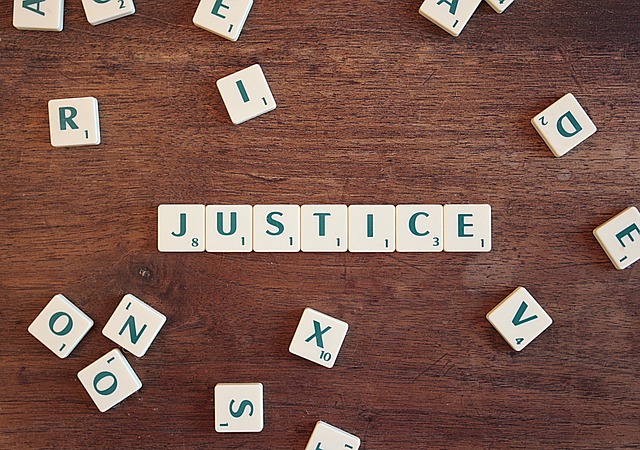
When facing charges, especially in complex cases like defamation, a robust general criminal defense strategy is imperative. The first step involves thoroughly reviewing and understanding the allegations, gathering relevant evidence, and identifying potential legal defenses. In defamation cases, for instance, the defendant must prove that the statement was false, made with malice, and caused harm to the plaintiff’s reputation. This can be challenging, but a well-prepared defense can lead to favorable defamation case outcomes and settlements.
Expert witnesses, robust documentation, and careful cross-examination of opposing witnesses are key tactics in building a strong defense. For white collar and economic crimes, where the stakes are often high for respective businesses, legal teams must navigate intricate regulations and laws. An effective strategy may include challenging the prosecution’s interpretation of evidence, raising doubts about intent, and leveraging specific legal loopholes or precedents to achieve favorable resolutions, including settlements that mitigate damage to both the defendant’s reputation and financial standing.
Understanding defamation law is crucial for navigating potential legal disputes. By familiarizing yourself with key terms, different types of claims, and the legal process involved, you can better prepare for outcomes and settlements in defamation cases. Whether as a plaintiff seeking justice or a defendant facing charges, knowledge is a powerful tool. Case studies of famous settlements highlight the impact of such litigation, while strategies for defense offer insights into mitigating risks. In today’s digital age, where information spreads rapidly, being aware of your rights and responsibilities regarding defamation is more important than ever.

